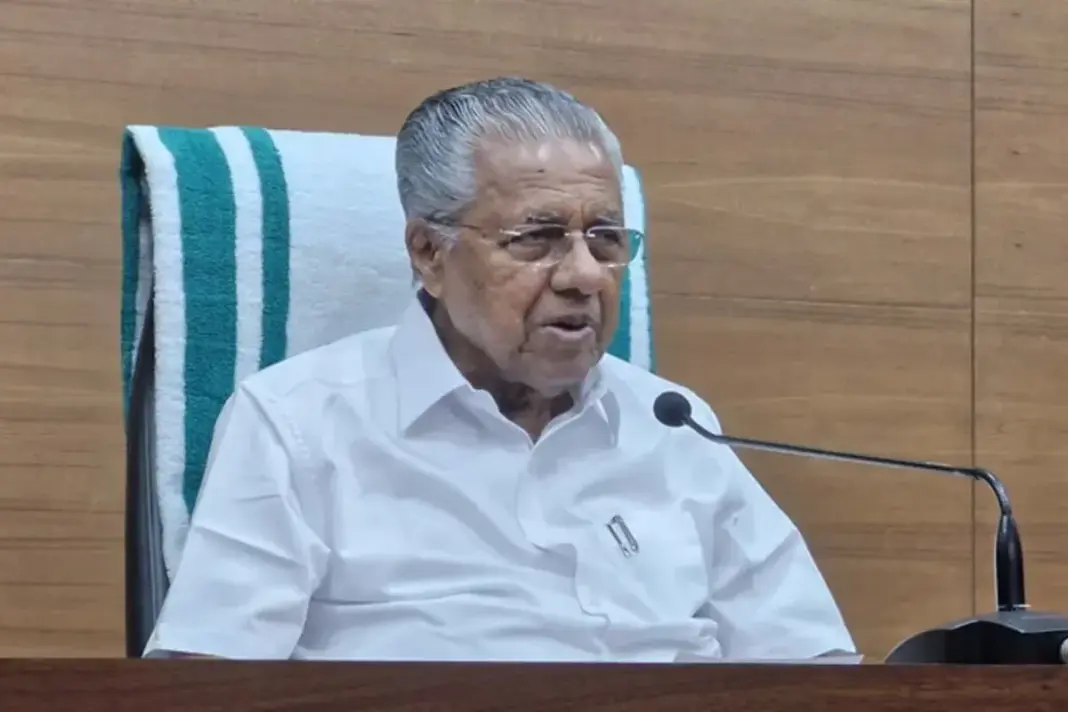Kerala News: THIRUVANANTHAPURAM | November 2025 — The celebration of Kerala as India’s first state to officially overcome extreme poverty is a significant social event and strengthens its image as a welfare-based example to the country.
Chief Minister Pinarayi Vijayan announced this week that welfare schemes, education, and health care were the foundation of their achievement.
“According to the state planning board’s newly-released data, not a single family is at the extreme poverty level by multiple dimensions of poverty covering income, housing, education, health, and access to basic facilities like drinking water,” the announcement noted.
A Model for Inclusive Development
Kerala has not arrived at this achievement overnight. The state has invested in human development – prioritising literacy, health care, and women’s empowerment instead of just focusing on GDP. With over 96% literacy rates and a life expectancy similar to developed countries, Kerala has consistently demonstrated that development based on equity works.
Welfare programs – such as the Kudumbashree Mission, Life Mission Housing Scheme, and Comprehensive Health Insurance (Karunya Arogya Suraksha Padhathi) – have been instrumental in supporting vulnerable populations and moving families out of the poverty cycle.
The Kudumbashree women’s network, in particular,
The Kudumbashree women’s collective, in particular, has lifted lakhs of women by providing loans, jobs, and self-employment.
Is Left Politics Working?
The latest milestone has reopened the discussion as to whether Left politics has a future in modern India. Historically, Kerala, governed by the Left Democratic Front (LDF), has been quite distinct from the rest of the country in terms of policy priorities, favoring welfare and decentralization, and people’s participation over the corporate-led development model.
Supporters of the Left claim this milestone proves that the Left model of governance works – i.e., welfare economics can be both effective and humane. Supporters cite that the state’s long-standing attention to education, health care, and local government has provided the social infrastructure to maintain resilience against inequality.
Sceptics warn that even if the current era of Kerala is successful, issues of unemployment, migration, and dependence on remittances still present challenges. Sceptics argue that poverty reduction will only be sustainable if the economy provides stable and decent employment and offers the private sector more room to grow.
A Milestone for India
Whether one believes in Left politics or not, Kerala’s milestone demonstrates that extreme poverty can be ended when policy, people, and purpose are unified. All of India is watching, and Kerala is an example of how inclusive governance can change lives.


